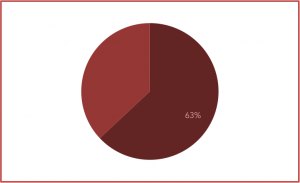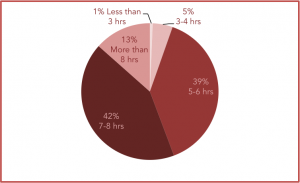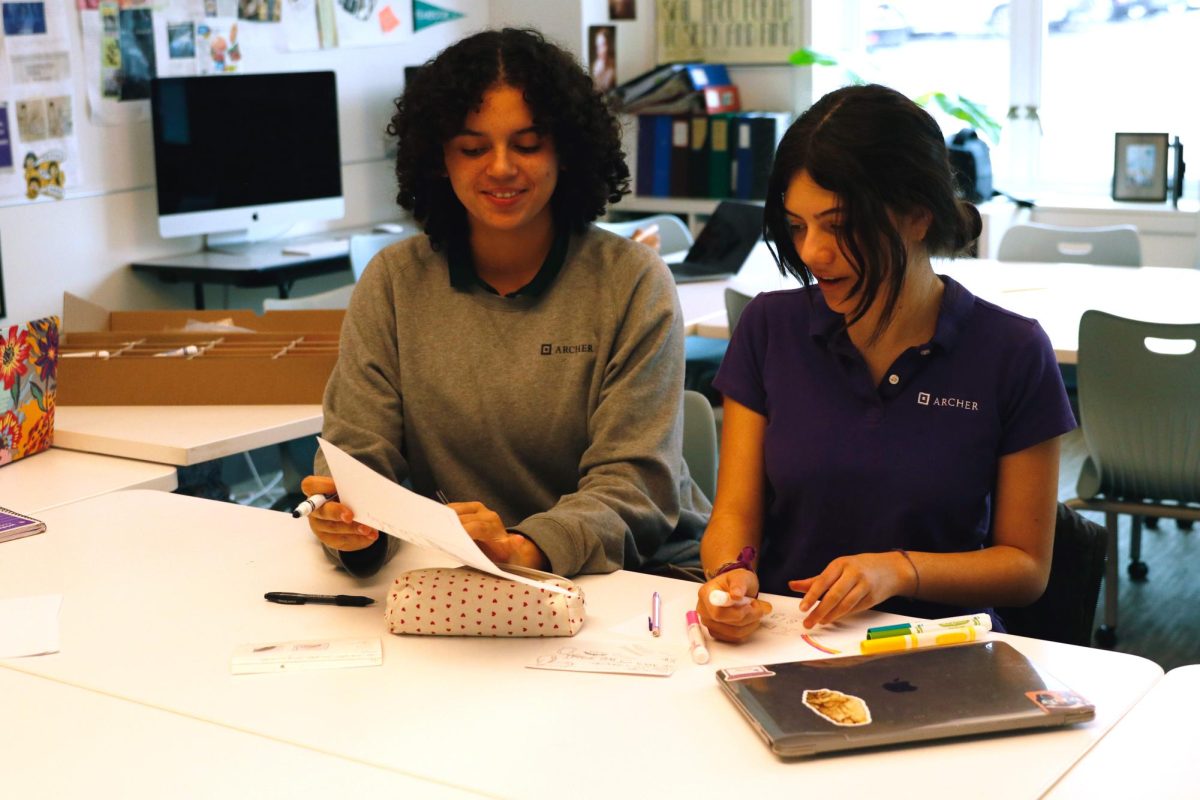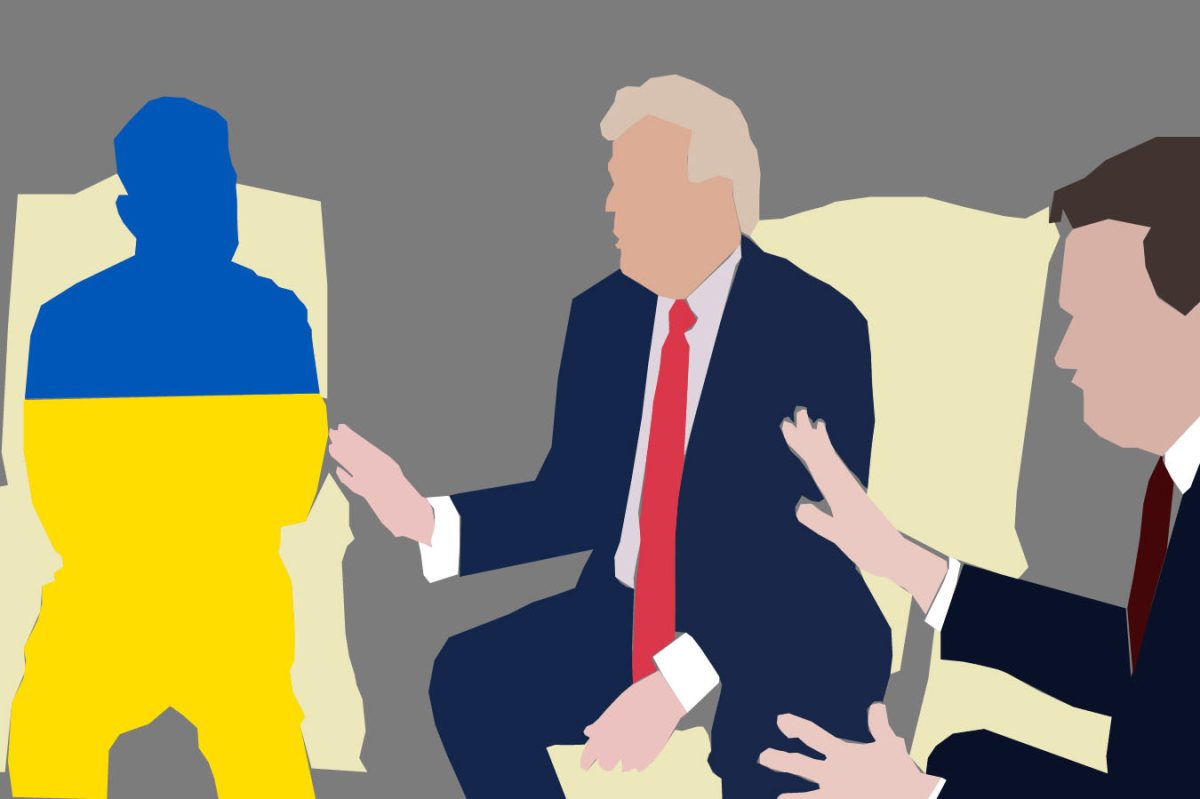Is there a limit to pressure? How much sleep is too little sleep? It is the 21st century, and we have a nation of adults and teenagers who are horribly sleep deprived.
The Washington Post remarked that the teenagers in the U.S. are facing a “sleep epidemic.” Increased academic workloads are often cited as a cause of this epidemic in teenagers. A study done by the Journal of Adolescent Health found that 23% of teens surveyed reported going to sleep at 11:15 pm or later. The group included teenagers from seventh to twelfth grade.
The study identified that a late bedtime actually led to “worse educational outcomes and emotional distress.” It found that short sleep duration often resulted in a lower GPA.
Another study which surveyed high school students revealed—unsurprisingly—that 68.9% of students reported insufficient sleep. A majority of that group was made of juniors and seniors.
One recurring issue is the weekend, at least in terms of quality of sleep. Students commonly receive more sleep on the weekends than they do during the school week—this presents a problem because an irregular sleep pattern induces greater drowsiness than a consistent sleep-wake cycle.

Unfortunately, this isn’t merely a teen problem. The American Academy of Sleep Medicine cites one in five adults as not getting adequate sleep. Polls by the Sleep Foundation found that 29% of the adults surveyed fell asleep at work during that month or had felt like it, and 36% dozed off in the car.
The National Sleep Research Project states that the “record for the longest period without sleep is 18 days, 21 hours and 40 minutes during a rocking chair marathon. The record holder reported hallucinations, paranoia, blurred vision, slurred speech and memory and concentration lapses.”
The sleep deprived teenagers of the US may not be experiencing such extreme sleep deprivation, but not getting the seven to eight hours needed can have horrible effects over a period of time.
The Oracle surveyed Archer students from sixth through twelfth grades about their sleep habits.

When students were asked if they believe they get enough sleep, 44% answered “No,” and 30% said only “some of the time.” The survey found that 42% get an average of seven to eight hours of sleep per night, and 39% gets five to six. Only 13% reported getting more than eight hours a night.
When asked how much of an effect homework has on their sleep on a scale of 1 to 5, 40% of students chose “4”—indicating that their homework load greatly affects how much sleep they are getting.
With adults and teenagers receiving less and less sleep due to work, school—or both at once—one can only wonder: Is sleep a thing of the past?










Marisa • Feb 28, 2014 at 10:24 pm
Going off of Bhujit’s point, I too find that the majority of my friends get very little sleep. It has become quite the norm to discuss staying up well past midnight studying or finishing an essay. Veronica touches on the point that it becomes more difficult to focus and retain information when you are sleep deprived. It’s almost as if you get stuck in a cycle after you begin getting insufficient amounts of sleep. After you stay up late one night working, the next day you end up working late again because it is so much more difficult to stay concentrated and get your work done. I think we need to change the way we think about sleep. It should not be normal to live off of coffee and 6 hours of sleep a night. While I cannot say that I have not done the same on many occasions, I do not condone this unhealthy habit of many high schoolers
Kristin Taylor • Jan 31, 2014 at 3:27 pm
Bhujit, that’s a good point. I know that I sometimes have a tendency to keep working on something long after I should put it down and just go to sleep. I’ve been trying to be better about that recently; it has such an impact on my ability to function. Thanks for this piece, Veronica. I think it’s an important topic we need to keep talking about.
Bhujit • Jan 31, 2014 at 2:41 pm
I have definitely noticed my peers complain about their lack of sleep. In my opinion, time management can help get those essential 8 hours of sleep. I can only hope that sleep never becomes a thing of the past.